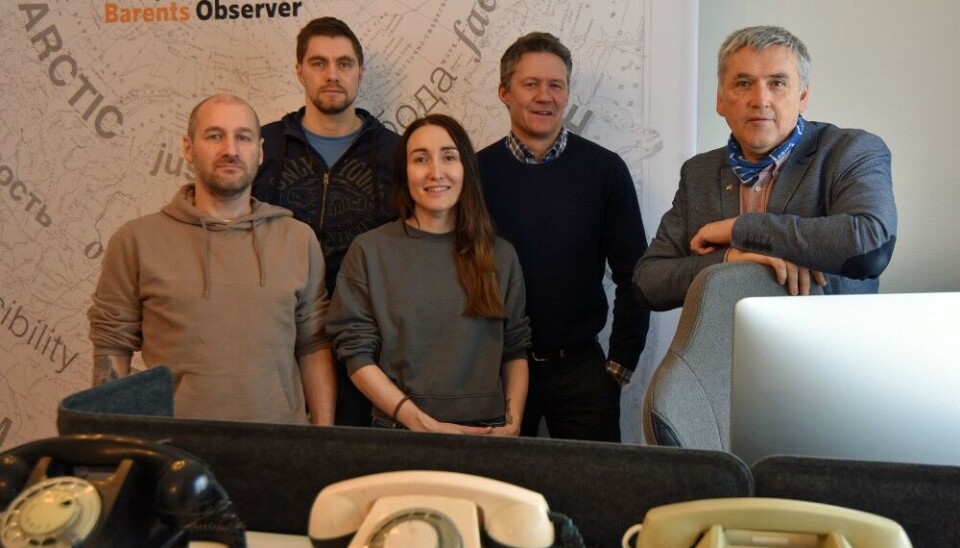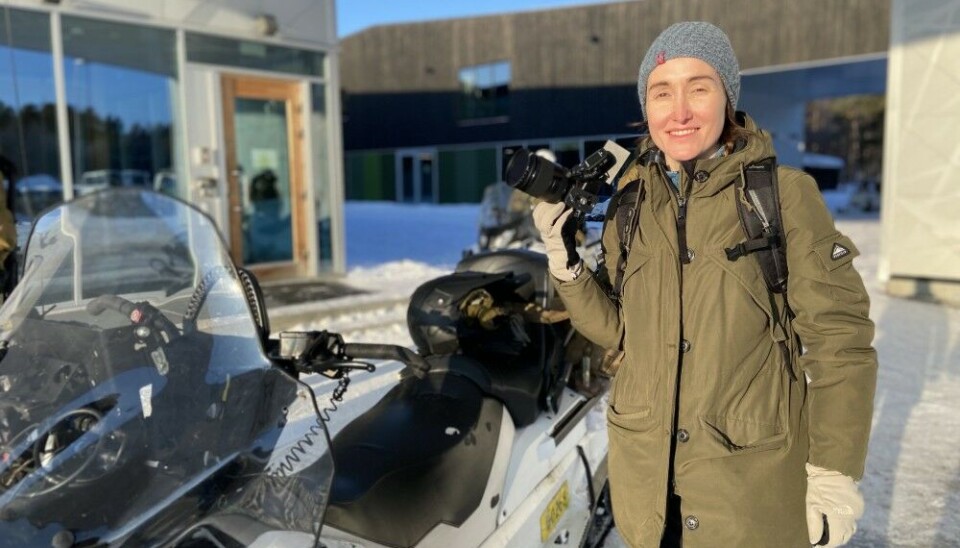
We are building a journalism exile hub in Kirkenes. It will strengthen knowledge on Russia and the North
The Barents Observer teams up with UiT The Arctic University of Norway in a project on exile journalism and knowledge development in the borderland between Norway and Russia
“Among the many people that have been forced to flee Russia over the past year are some of the country’s best journalists. They represent a great resource that can contribute in the media, civil society and academia outside of Russia,” says Atle Staalesen, Publisher at the Barents Observer.
The newspaper now starts a joint initiative with the UiT The Arctic University of Norway on expanding a Russian exile environment in Kirkenes, the Norwegian border town located only few kilometres from the Russian Kola Peninsula.
It was shortly after the all-out war on Ukraine started last winter that the Barents Observer decided to open its newsroom for journalists fleeing Russia. The project got financial kick-off support to build an exile journalism hub by the Fritt Ord Foundation, the Tinius Trust, as well as the municipality of Sør-Varanger and County Council of Troms and Finnmark.
The two first journalists, Denis Zagore and Georgii Chentemirov, arrived in Kirkenes last fall and are now daily producing stories about developments in the North. The third reporter, Elizaveta Vereykina, arrived this February and is a video journalist with several years of experience from the BBC Moscow Bureau.
“I left Russia because its very dangerous to do real journalism there, and at this moment its a country with no future,” she says. “I tried to hold on, but as a Russian citizen you are extremely vulnerable to the Russian state, ” she explains.
Vereykina has covered anti-government protests in Belarus and Russia, and she was on the plane from Berlin to Moscow with Aleksei Navalny in January 2021. She has also filmed interviews with mothers of dead soldiers, fearless anti-war activists, and much more.
“I feel like the north is a country of opportunities, and that the north needs active people like me,” Vereykina says.
“I see that society here knows the value of journalism and that I can contribute here a lot. Meanwhile people like us are outcasts in Russia, harassed by a brainwashed aggressive population and state TV propaganda. Similar like it was during the Stalin times.”

In their joint initiative, the Barents Observer and the Tromsø University aim at finding ways to continue Norwegian-Russian cooperation. But now with Russians in exile.
“Russia’s attack on Ukraine the 24th of February 2022 and the subsequent international sanctions compel us to seek new forms of cooperation to preserve and develop Norwegian know-how on Russia,” says Kari Aga Myklebost, Professor of History at the Tromsø University.
“The current developments imply that our support to Russian civil society from now on must be aimed at exile environments,” she adds.
Myklebost is in charge of the joint initiative with the Barents Observer.














